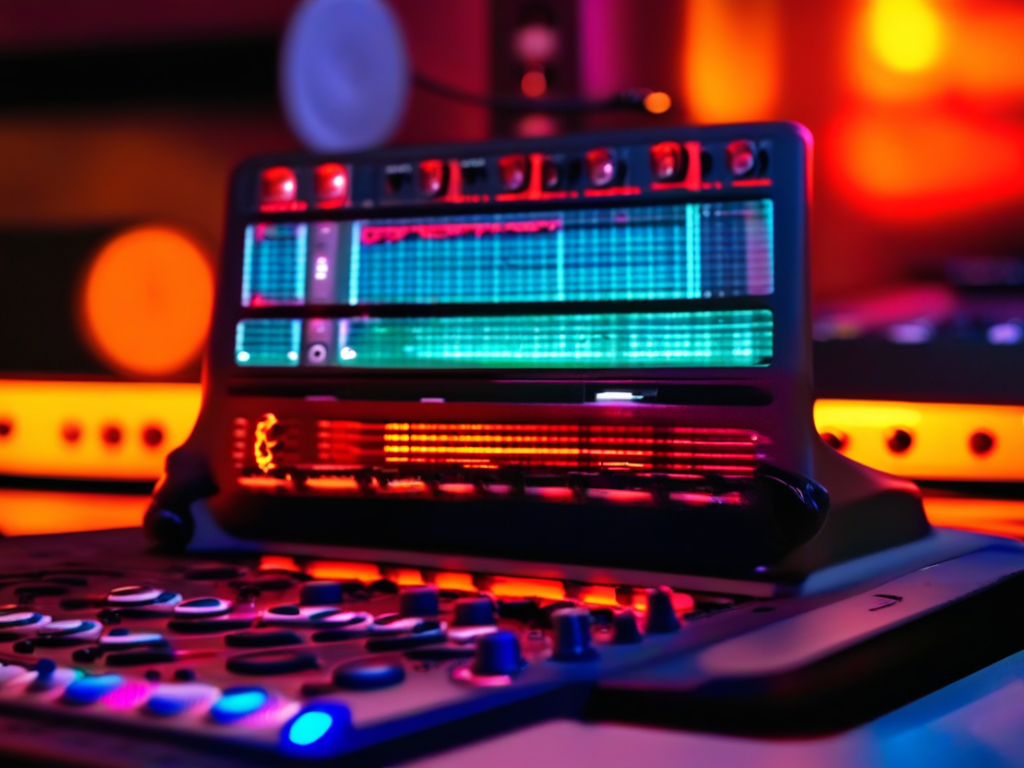In the vast world of audio technology, music players stand out as quintessential devices that enable us to immerse ourselves in the beauty of sound. Whether you’re an audiophile seeking the highest fidelity or a casual listener enjoying your favorite tunes, mastering your music player can greatly enhance your listening experience. This comprehensive guide delves into essential tips and tricks to help you unlock the full potential of your music player, whether you’re using a portable player, smartphone, computer, or dedicated audio system.
In this article you will find:
- Understanding Your Music Player
- Choosing High-Resolution Audio Formats
- Optimizing Sound Quality
- Utilizing Digital-to-Analog Converters (DACs)
- Exploring Streaming Services and Offline Playback
- Organizing Your Music Library
- Continual Learning and Exploration
Understanding Your Music Player
Before diving into advanced tips, it’s crucial to understand the basics of your music player. Familiarize yourself with the user interface, file format compatibility, equalizer settings, and output options. Each music player has its own unique features and capabilities, so take the time to explore and customize settings to suit your preferences.
Choosing High-Resolution Audio Formats
Opt for high-resolution audio formats like FLAC, WAV, or ALAC to preserve the audio quality and detail of your music files. These formats offer superior sound compared to compressed formats like MP3. While high-res audio files consume more storage space, the improved sonic fidelity is well worth the trade-off, especially when paired with high-quality headphones or speakers.
Optimizing Sound Quality
Experiment with different equalizer presets or manually adjust the settings to fine-tune the sound according to your preferences. Enhance bass for a punchy low-end, tweak treble for crisp highs, and adjust midrange frequencies for balanced vocals. Keep in mind that excessive equalization can distort the original audio, so aim for subtle tweaks that enhance, not overpower, the sound.

Utilizing Digital-to-Analog Converters (DACs)
For audiophiles seeking ultimate sound quality, consider using an external DAC to bypass the built-in digital-to-analog converter of your music player. External DACs can significantly enhance audio clarity, reduce noise, and improve dynamic range, resulting in a more immersive listening experience. Connect the DAC to your music player via USB or audio cables for seamless integration.
Exploring Streaming Services and Offline Playback
Take advantage of streaming services like Tidal, Qobuz, or Spotify Premium to access vast libraries of high-quality audio tracks. Many music players support offline playback, allowing you to download songs and playlists for listening without an internet connection. Choose the streaming service that aligns with your music preferences and quality preferences.
Organizing Your Music Library
Maintain a well-organized music library with properly tagged metadata, album art, and playlists. Use music management software like iTunes, foobar2000, or MusicBee to manage and categorize your music collection efficiently. Organizing your music library not only streamlines your listening experience but also enhances the overall aesthetical appeal of your music player.
Continual Learning and Exploration
Stay abreast of the latest trends and advancements in audio technology by engaging with online forums, audio communities, and tech blogs. Attend audio expos, workshops, or demonstrations to discover new products, techniques, and best practices for optimizing your music player setup. Embrace a mindset of continual learning and exploration to elevate your audio experience to new heights.

